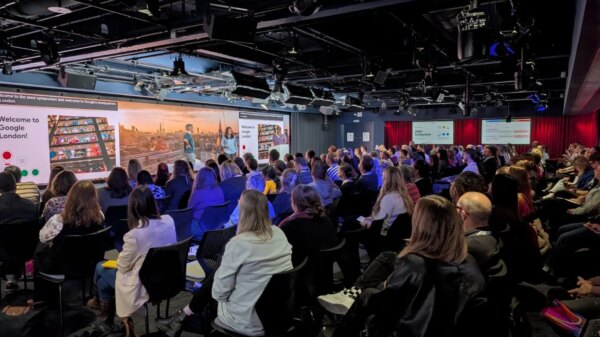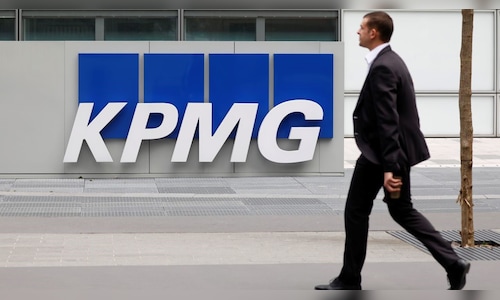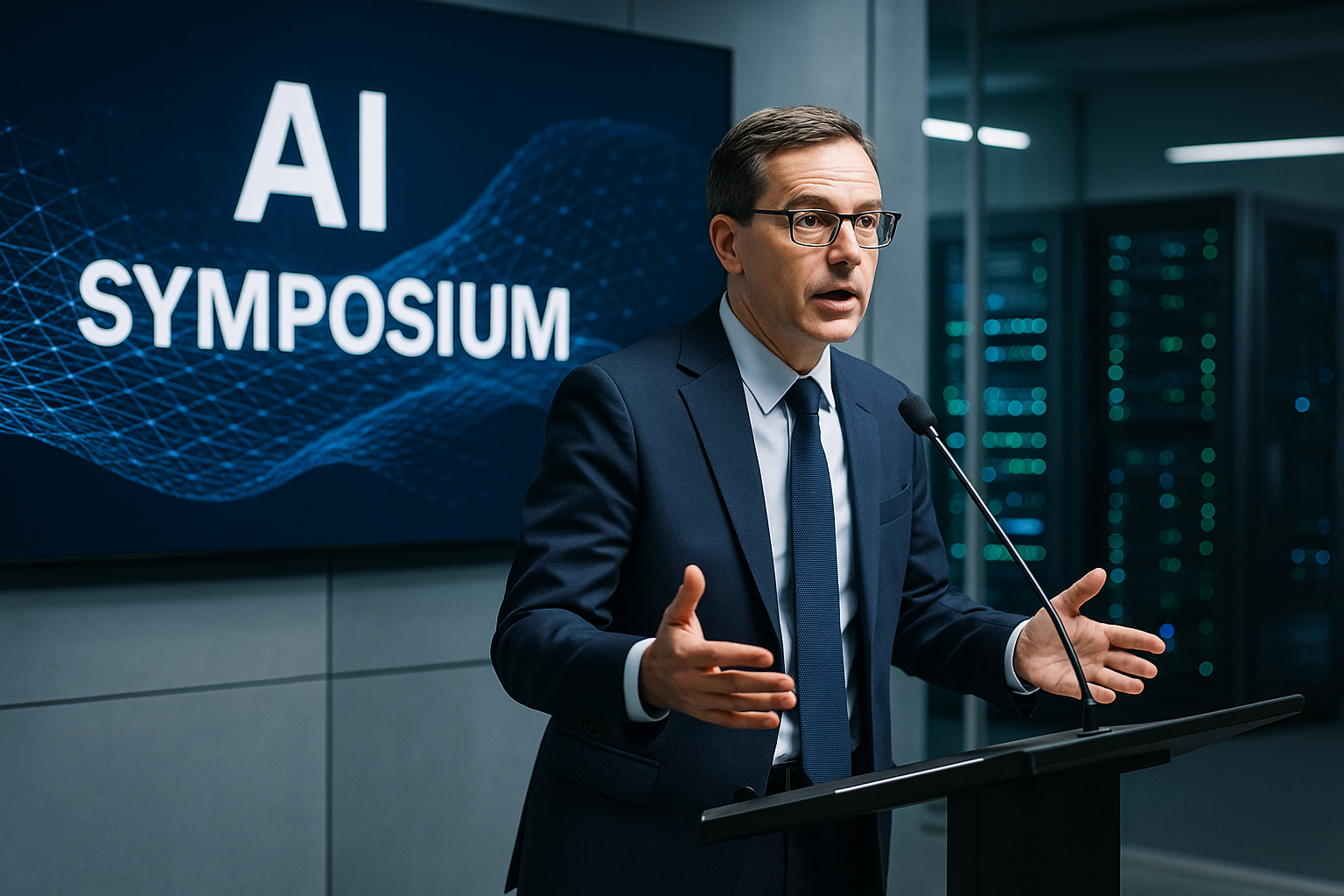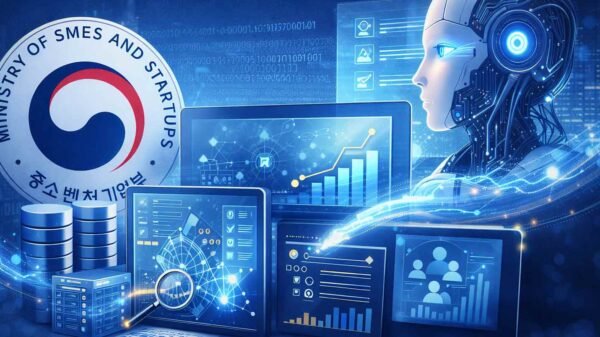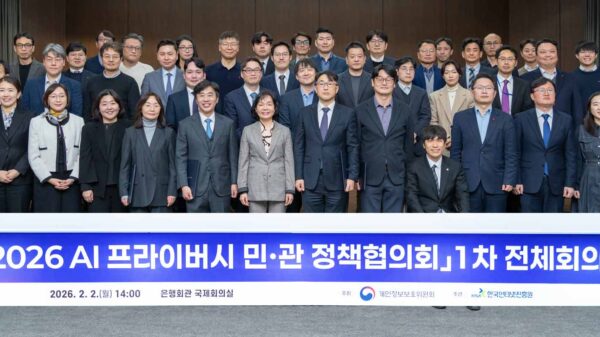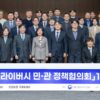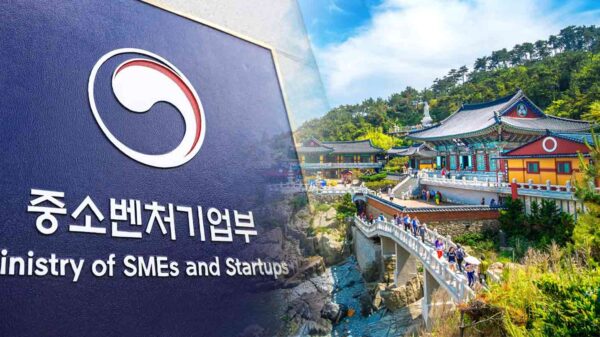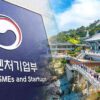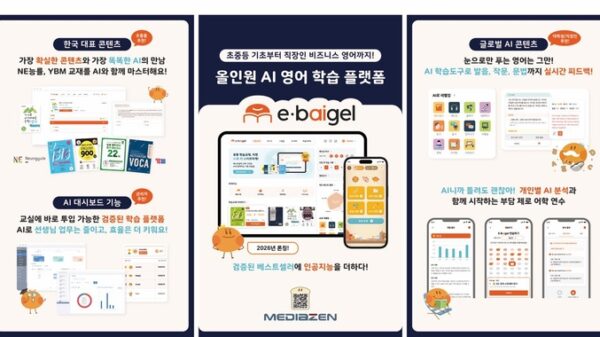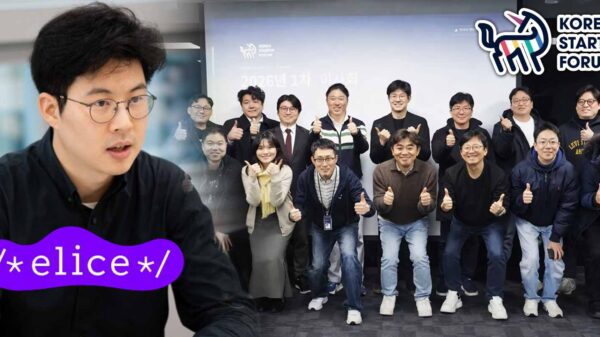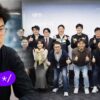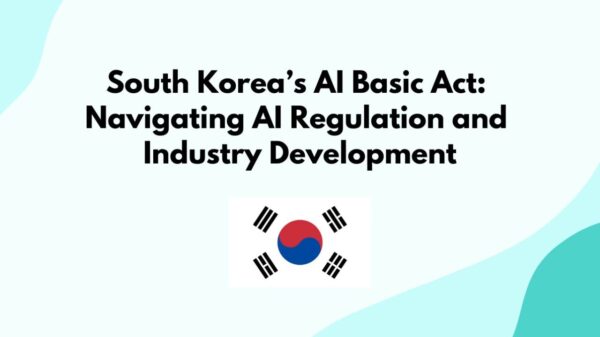Korea’s policymakers and researchers are at a critical junction as they seek to safeguard market fairness while fostering innovation in the rapidly evolving field of artificial intelligence (AI). As AI technologies continue to reshape market dynamics, experts emphasize the importance of redesigning competition policies to support innovation while ensuring transparency and trust within digital markets.
Symposium Highlights Evolution of Competition Policy
On November 13, the Korea Economic Research Institute (KERI) hosted a joint symposium titled “AI and Digital Innovation: Implications for Competition Policy” at the FKI Tower Conference Center in Seoul. This event was co-hosted with the Korea Fair Trade Mediation Agency and the Korea Academic Society of Industrial Organization (KASIO).
The focal point of the symposium was the necessity for Korea’s competition framework to adapt in response to the structural changes brought about by AI and data-driven industries. Experts noted that while AI innovation has the potential to drive economic growth, it also introduces complex competition risks that traditional policies are ill-equipped to manage.
In his opening remarks, Jeong Cheol, Chief Policy Representative of the Federation of Korean Industries and President of KERI, stated, “As AI transforms industrial structures, government and companies must work together to create new rules for competition that are both fair and flexible.”
The Challenge of AI to Existing Competition Rules
Research Fellow Yoo Min-hee from KERI discussed how the emergence of generative AI is altering market competition, highlighting that these complex dynamics are increasing market uncertainty and undermining the global competitiveness of domestic firms. She underscored the need for the government to prioritize fairness and transparency while promoting industry-led self-regulation and collaborative frameworks to balance innovation with equity.
“The government should keep fairness and transparency as core principles, while combining industry-led self-regulation and joint agreements to build a new AI competition-policy framework where innovation and fairness coexist,” said Yoo Min-hee.
Another significant presentation by Lee Jin-hyung of the Korea Fair Trade Mediation Agency addressed the implications of “garden leave” practices—paid non-compete agreements that restrict AI professionals from transitioning to competitors for a defined period. Lee cautioned that overly restrictive employment rules could stifle innovation and limit labor mobility, advocating for a more balanced approach.
“Balanced guidelines are needed to harmonize corporate-interest protection with the specific characteristics of each industry,” stressed Lee Jin-hyung.
Transitioning Focus: Protecting Competition, Not Competitors
A consensus emerged among panelists that Korea’s competition policy should shift from protecting individual companies to safeguarding the overall process of competition. Experts advocated for regulations that account for the rapid pace of technological convergence, the significance of data ownership, and the increasing concentration of AI capabilities among a few dominant players.
They called for sector-specific monitoring systems that reflect the diversity of industries rather than relying on uniform standards, enabling regulators to swiftly address emerging AI-related risks while minimizing unnecessary interventions that could stifle innovation.
Implications for Korea’s AI and Startup Ecosystem
The ongoing debate over AI-era competition policy has profound implications for Korea’s burgeoning startup ecosystem. New generations of Korean AI startups are entering markets that are increasingly dominated by large-scale platforms, where access to data, computational resources, and strategic partnerships often dictate their survival. This is especially pertinent as the government works on its AI Transformation (AX) strategy to position Korea among the world’s top three AI powerhouses.
A policy shift toward “trust-based, transparent, and flexible regulation”—as proposed during the symposium—could significantly level the playing field for startups and small to medium enterprises (SMEs) focused on specialized AI applications. Furthermore, it would likely influence how Korean AI companies engage in international competition, aligning their approaches with broader regulatory frameworks being discussed in the EU, Japan, and the United States.
The symposium’s discussions resonate throughout Asia’s emerging digital economies: sustainable AI innovation requires not only technological advancement but also institutional frameworks that guarantee open, equitable, and collaborative markets.
Towards a Fair and Adaptive AI Market Framework
The KERI-led discussions indicate a broader national shift toward AI governance designed to support innovation while preventing the concentration of market power. Policymakers are increasingly recognizing that outdated competition rules could hinder experimentation and delay digital transformation.
As South Korea aims to draft a comprehensive framework for AI Basic Law this year, the subsequent phase of its AI policy will likely involve establishing structured guidelines for market monitoring, self-regulatory agreements within industries, and transparent data-sharing standards.
If successfully implemented, these measures could position Korea as a model for fair-market economies driven by AI innovation in the Asia-Pacific region.
– Stay Ahead in Korea’s Startup Scene –
Get real-time insights, funding updates, and policy shifts shaping Korea’s innovation ecosystem.
➡️ Follow KoreaTechDesk on LinkedIn, X (Twitter), Threads, Bluesky, Telegram, Facebook, and WhatsApp Channel.
 Paul McCartney Releases Silent Track to Protest AI Copyright Theft, Joins Industry Campaign
Paul McCartney Releases Silent Track to Protest AI Copyright Theft, Joins Industry Campaign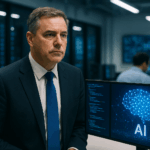 Australian Government Urges AI Strategy to Boost Adoption and Trust by 2028
Australian Government Urges AI Strategy to Boost Adoption and Trust by 2028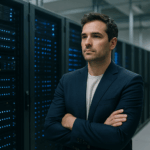 Cohere Secures $240M for Canadian AI Data Center Amid Concerns Over U.S. Partnerships
Cohere Secures $240M for Canadian AI Data Center Amid Concerns Over U.S. Partnerships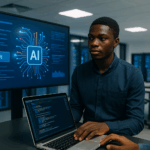 Ghana Government Launches Free 12-Month AI Access for Students with Google Partnership
Ghana Government Launches Free 12-Month AI Access for Students with Google Partnership Paul McCartney Joins 1,000 Artists in AI Protest with Silent Track on New Album
Paul McCartney Joins 1,000 Artists in AI Protest with Silent Track on New Album
